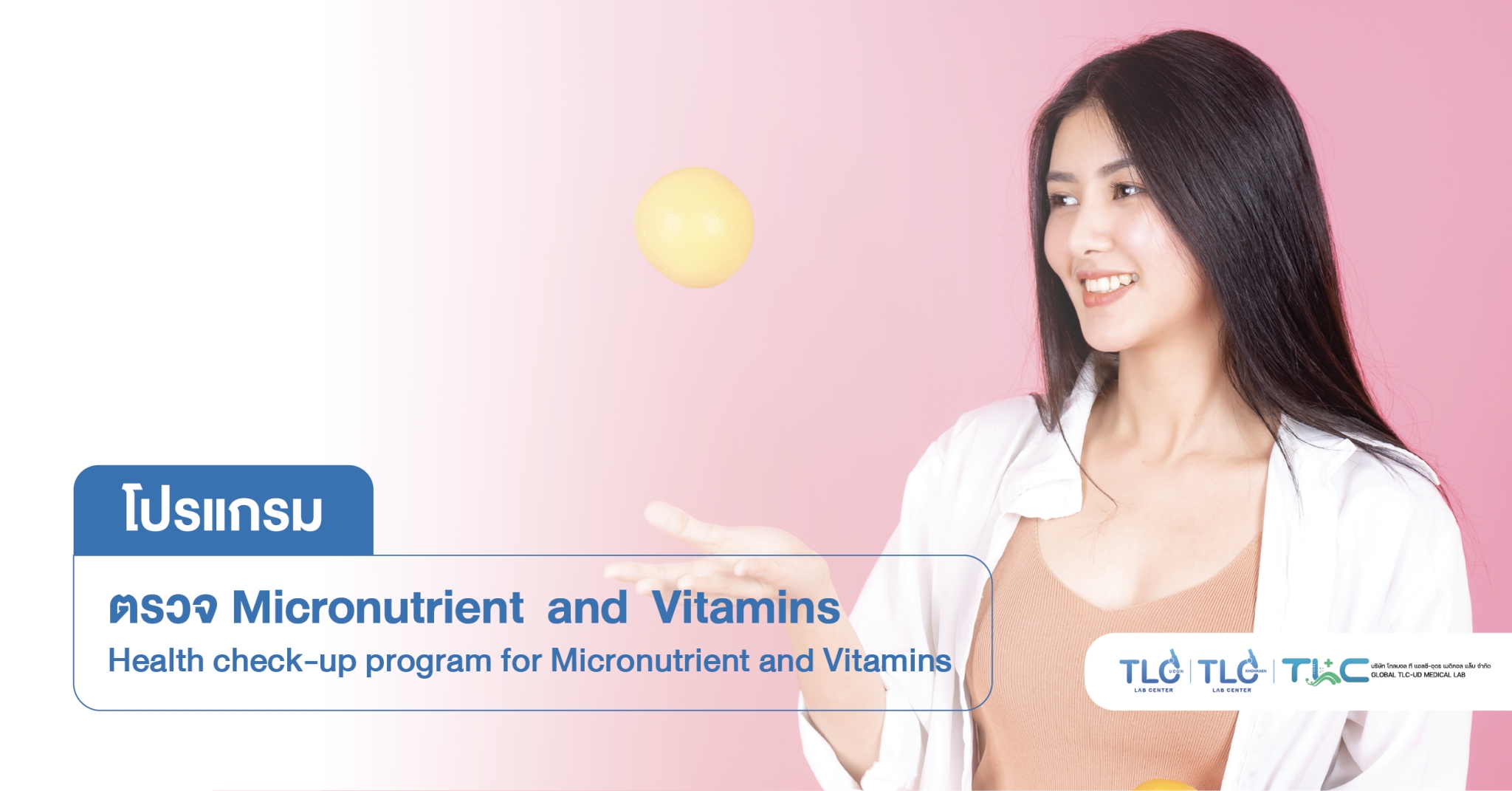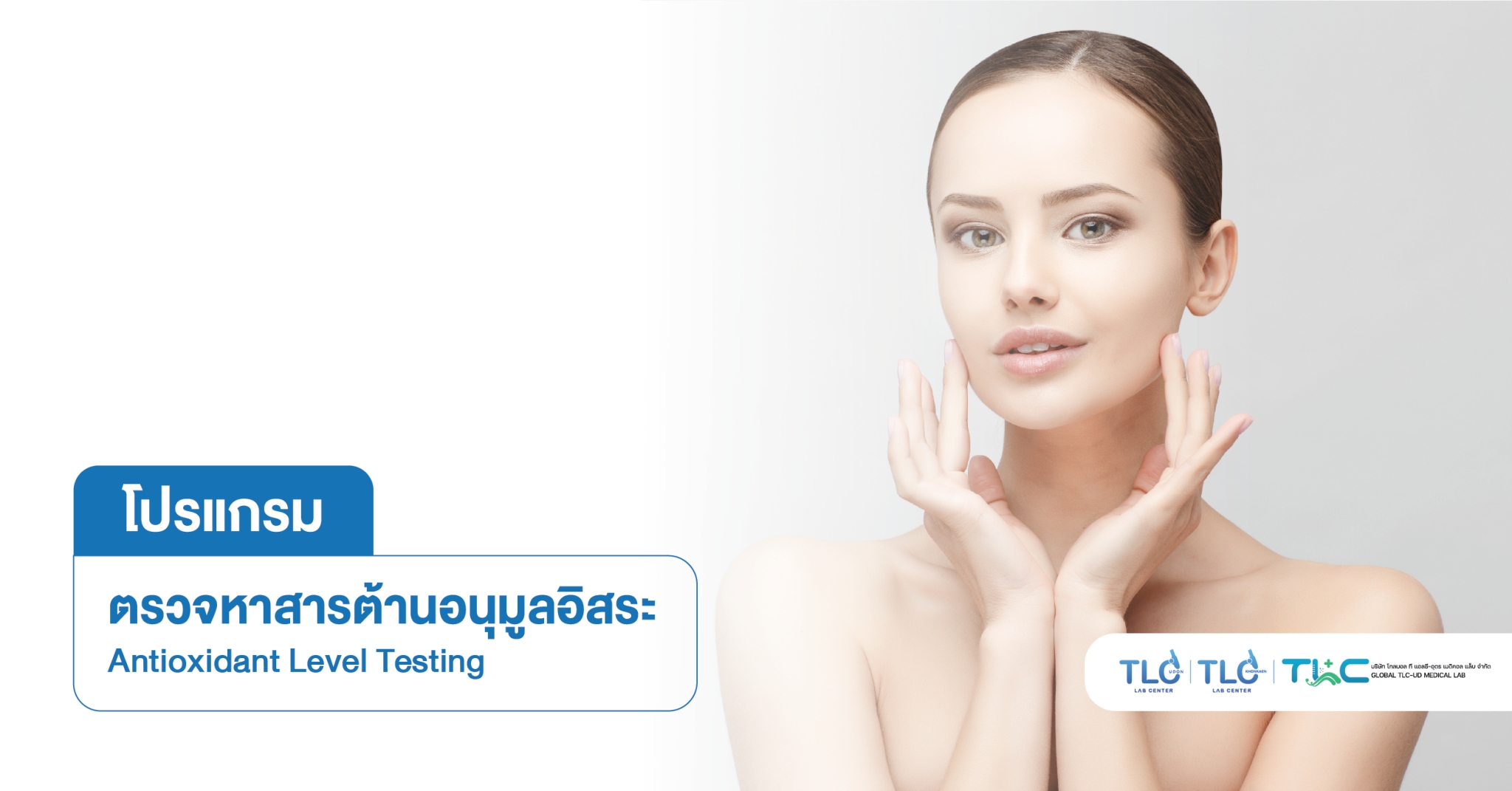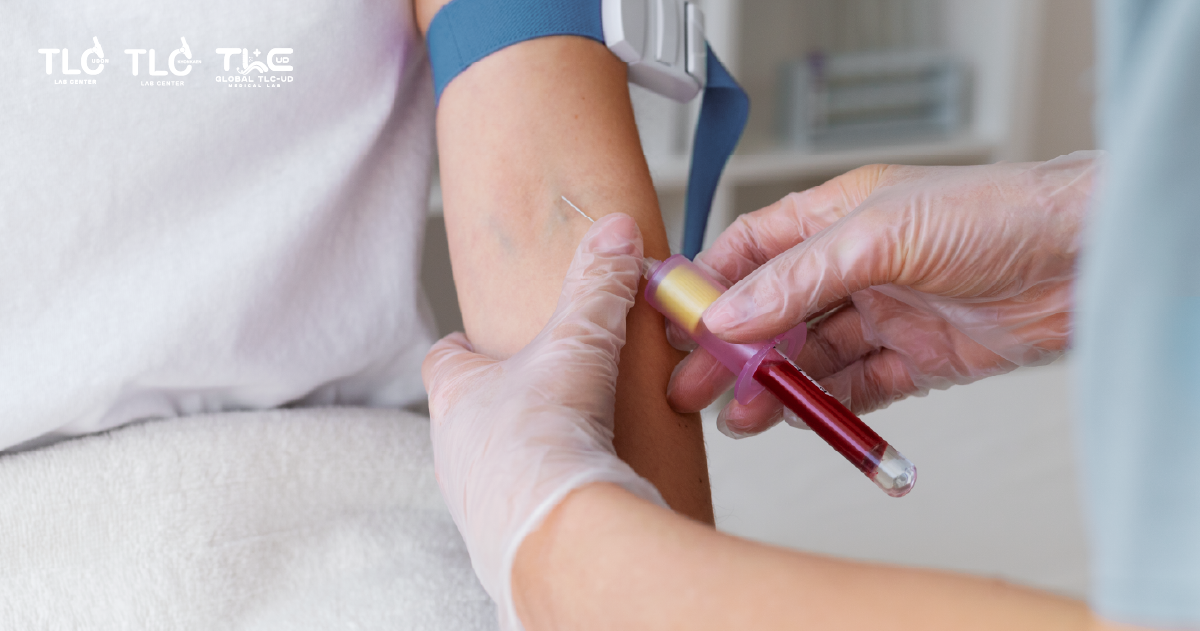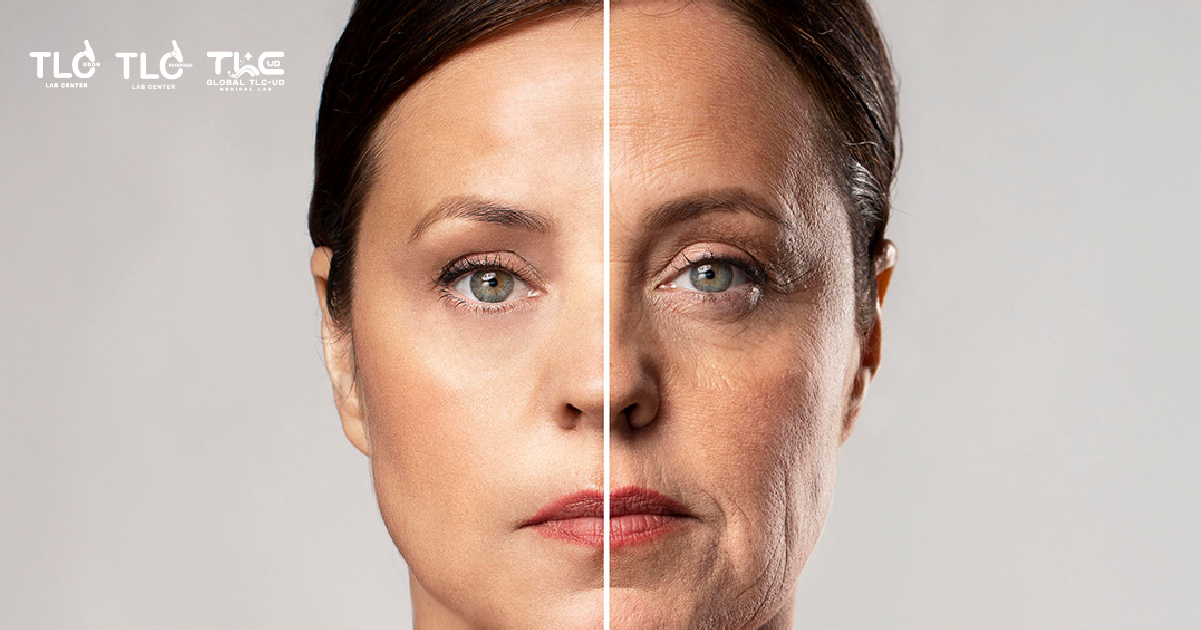Vitamin B (8 types) - How important are they?
Vitamin B is a water-soluble vitamin and a type of nutrient that the body needs in small amounts but is crucial for its functioning. Vitamin B has anti-oxidants. Deficiency in vitamin B can lead to various undesirable health conditions without immediate awareness. Let’s explore the different types of vitamin B and their significance for our body:
- Vitamin B1 (thiamine)
- Vitamin B2 (riboflavin)
- Vitamin B3 (niacin)
- Vitamin B5 (pantothenic acid)
- Vitamin B6 (pyridoxine)
- Vitamin B7 (biotin)
- Vitamin B9 (folic acid)
- Vitamin B12 (cobalamin)
Vitamin B1 (thiamine)
Vitamin B1 plays a crucial role in the growth and functioning of various cells in the body, helping convert food into energy. The liver stores a small amount of Vitamin B1, so it is essential for our bodies to receive it daily. Vitamin B1 is also known as the “boost morale vitamin” because it contributes to nerve nourishment.
- Vitamin B1 (thiamine)
- Vitamin B2 (riboflavin)
- Vitamin B3 (niacin)
- Vitamin B5 (pantothenic acid)
- Vitamin B6 (pyridoxine)
- Vitamin B7 (biotin)
- Vitamin B9 (folic acid)
- Vitamin B12 (cobalamin)
Food sources of Vitamin B1 include
vegetables, whole grains, yellow beans, oats, lentils, brown rice, rice bran, unpolished seeds, brewer’s yeast, milk, red eggs, fish, organic meat, and lean pork.
The recommended daily intake for adults is 1–1.5 milligrams.
Benefits of Vitamin B1 include:
- Nourishing nerves and muscles, maintaining normal heart function.
- Assisting brain health, improving thinking and intelligence.
- Assisting strengthen growth
- Enhancing the digestion of starchy foods.
- Alleviating symptoms of carsickness ,seasickness and airsickness.
- Alleviating symptom of postoperative dental pain.
- Assisting in the treatment of snake bites.
- Assisting in the treatment of beriberi
Symptoms of Vitamin B1 deficiency may include
headaches, fatigue, irritability, depression, and gastrointestinal discomfort.
Vitamin B2 (Riboflavin)
Vitamin B2, also known as riboflavin or Vitamin G, plays a vital role in various body processes, promoting normal skin growth and supporting the functioning of the digestive tract, red blood cell production, and the brain.
Food Sources:
Eggs, milk, beans, yogurt, cheese, green leafy vegetables, fish, liver, and kidneys.
Recommended Daily Intake:
For adults, the recommended intake is 1.2–1.7 milligrams, commonly consumed at a daily dose of 100–300 mg.
Benefits of Vitamin B2:
- Nourishes skin, nails, and hair.
- Assisting a growth and reproduction processes.
- Increase visual efficiency and alleviates eye fatigue.
- Assisting to reduce pain from migraines.
- Alleviates soreness in the mouth, lips, and tongue.
- Works with other substances in digesting carbohydrates, fats, and proteins.
Potential Side Effects of Excessive Intake:
No specific toxicity symptoms have been identified, but high levels could cause itching and a tingling sensation.
Deficiency Symptoms of Vitamin B2:
- Canker Sores on lip area, corner of mouth, skin and genitalia.
- Hair loss.
- Itching rashes.
- Anaemia.
- Dry, cracked lips.
Vitamin B3 (Niacin)
Vitamin B3, also known as niacin, nicotinic acid, or nicotinamide, serves as a coenzyme in the body. With over 400 enzymes relying on Vitamin B3, it plays a crucial role in various reactions, converting nutrients into energy, producing cholesterol and fats, and repairing DNA and take effect to be antioxidant.
Food Sources:
Eggs, fish, lean meats, whole grains, liver, whole wheats, wheat germ, peanuts, avocados, date palm, prunes, figs, berries and brewer’s yeast.
Recommended Daily Intake:
13-19 milligrams.
Benefits of Vitamin B3:
- Lowers LDL (bad) cholesterol and Triglyceride, increases HDL (good) cholesterol reduce risk of heart disease.
- Helps reduce blood pressure.
- Stimulates brain function.
- Aids in fat metabolism and supports digestive function.
- Nourishes the skin, providing protection against sun damage.
Deficiency Symptoms of Vitamin B3:
- Pellagra: Severe skin inflammation and rashes.
- Diarrhoea or constipation.
- Severe symptoms include depression, headaches, fatigue, memory loss, and hallucinations.
Vitamin B5 (Pantothenic Acid)
Vitamin B5, also known as pantothenic acid, is essential for the formation of red blood cells and aids in converting ingested food into energy. Additionally, it is crucial for maintaining healthy skin.
Food Sources of Vitamin B5:
Beef, chicken breast, mushrooms, avocado, various beans, dairy products, yogurt, potatoes, eggs, oats, broccoli.
Recommended Daily Intake:
10 milligrams per day.
Benefits of Vitamin B5:
- Helps reduce cholesterol and triglyceride levels while increasing HDL (good) cholesterol.
- Facilitates red blood cell production, boosting haemoglobin levels in the body.
- Enhances the efficiency of the digestive system.
- Supports the immune system.
- Aids in preventing fatigue and weakness.
- Assists in the treatment of hand and foot numbness.
- Contributes to overall body growth.

Symptoms of Vitamin B5 Deficiency:
- Headaches
- Fatigue
- Irritability
- Restless sleep
- Nausea, vomiting, abdominal pain
- Tingling or burning sensations in the hands or feet
- Muscle pain
Vitamin B6 (Pyridoxine)
Vitamin B6, also known as pyridoxine, is a collective term for a group of substances with similar structures that work together. This group includes pyridoxine, pyridoxal, and pyridoxamine. Vitamin B6 is essential for normal brain development and strengthens the nervous and immune systems.
Food Sources of Vitamin B6:
Brewer’s yeast, brown rice, wheat germ, oats, husked rice, peanuts, yellow beans, walnuts, cabbage, molasses, melon, eggs, liver, and fish.
Recommended Daily Intake:
1.6–2 mg per day.
Potential Side Effects of Excessive Intake:
Excessive intake, particularly between 2,000–10,000 mg daily, may lead to symptoms such as restlessness, foot tingling, and spasms. It is recommended to stay below 500 mg per day for safety.
Benefits of Vitamin B6:
- Strengthens the body’s immune system.
- Reduces the risk of heart disease.
- Improves nutrient absorption, especially proteins and fats.
- Guards against kidney stones.
- Regulates mood and reduces symptoms of depression.
- Nourishes the brain and reduces the risk of Alzheimer’s.
- Supports anti-aging processes by converting tryptophan into Vitamin B3.
- Prevents various skin diseases.
- Alleviates symptoms of muscle contractions, numb hands, and certain nerve conditions.
Diseases from Vitamin B6 Deficiency:
- Anaemia.
- Inflammatory skin rash due to sebaceous gland dysfunction.
Vitamin B7 (Biotin)
Vitamin B7, also known as Biotin or Vitamin H, is a water-soluble vitamin with sulphur as a component. It acts as a co-enzyme, accelerating reactions in the body and aiding in the utilization of fats.
Food Sources of Biotin:
Beef liver, egg yolk, milk, soybean flour, butter, peanuts, brewer’s yeast, and unpolished rice.
Recommended Daily Intake:
100–300 mcg per day.
Benefits of Biotin:
- Nourishes hair roots and nails.
- Promotes skin health.
- Supports the nervous system and bone development.
- Aids in the metabolism of fats and proteins.
- Alleviates muscle soreness and fatigue.
Diseases from Biotin Deficiency:
- Hair loss.
- Depression
- Appetite loss.
- Weakness and fatigue.
- Impaired fat metabolism.
- Inflammatory skin rash on the face and body.
Vitamin B9 (Folic Acid)
Vitamin B9, also known as Folic Acid (folate, folacin, or vitamin M), is used to prevent and treat low blood levels of folate (folate deficiency) and high blood levels of homocysteine.
Food Sources of Folic Acid:
Egg yolk, liver, dark green leafy vegetables, carrots, cantaloupe, pumpkin, apricots, avocado, artichokes, beans, dark-coloured rice without artificial colouring, and fortified tortillas.
Recommended Daily Intake:
Approximately 180–200 micrograms per day.
Diseases from Folic Acid Deficiency:
- Macrocytic anaemia or abnormally large red blood cells.
- Fatigue and weakness.
- Mouth sores.
- Nervous system problems.
Benefits of Vitamin B9:
- Nourishes skin, hair, and nails.
- Delays premature greying of hair when taken with Para-aminobenzoic acid (PABA) and vitamin B5.
- Prevents canker sores.
- Treats anaemia or blood deficiency.
- Guards against food poisoning reactions.
- Prevents birth defects in newborns.
- Aids in postpartum milk production.
- Reduces homocysteine levels in the blood.
- Lowers the risk of heart disease.

Vitamin B12 (Cobalamin)
Vitamin B12, also known as cobalamin or cyanocobalamin, plays a crucial role in red blood cell formation, cellular metabolism, nerve function, and DNA synthesis— the molecular information within cells that involves genetics.
Food Sources of Vitamin B12 :
Mainly found in animal products such as meat, liver, kidney, milk, eggs, cheese, fish, pork, beef, and fermented foods.
Recommended Daily Intake:
For adults, the recommended intake is 2 micrograms per day.
Consequences of Vitamin B12 Deficiency:
May lead to conditions such as anaemia and nervous system disorders.
Benefits of Vitamin B12:
- Nourishes the nervous system.
- Enhances concentration, memory, and coordination.
- Reduces stress and irritability.
- Promotes growth, development, and energy production in the body by facilitating the effective use of nutrients like carbohydrates, proteins, and fats.
- Reduces the risk of heart disease.
- Supports red blood cell formation, preventing anaemia.
- Strengthens bones and helps prevent osteoporosis.
There are many types of B vitamins. We should eat all of them.
You shouldn’t be missing any of them. Because each species will continue to complement each other.
Also, we all need to understand that vitamins are not the main treatment or prevention option. Disease.
They are only an aid in restoring and nourishing the body, which must be coupled with proper self-care by :
- Eating nutritious food (carbohydrates, fats and proteins)
- Regular exercise (at least 3 days/week and 30 minutes/session).
- Get enough sleep (at least 8 hours).
- Reducing stress.
These things will help strengthen the immune system of our body to work fully and efficiently.

















